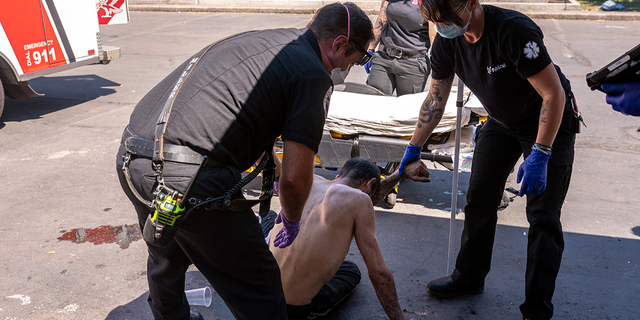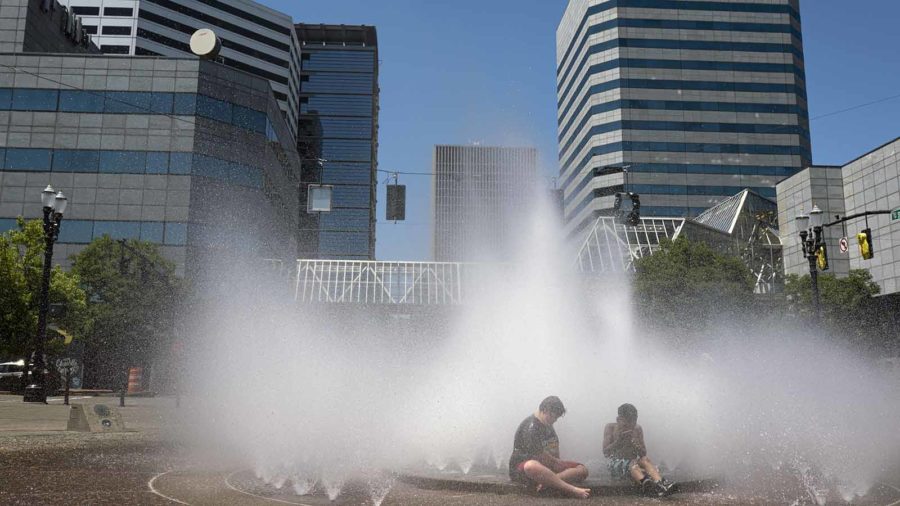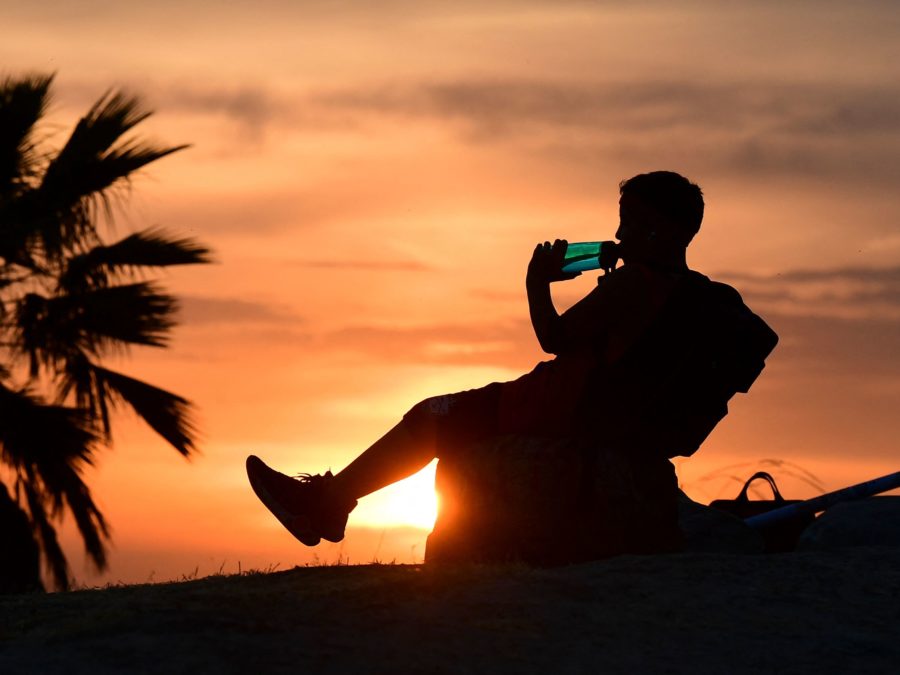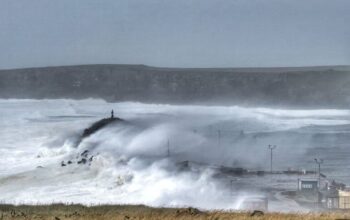How to stay safe in a deadly heat wave-
Know the signs of heat-related illnesses like heat stroke and heat exhaustion
The following written content by Alexandria Hein

About a dozen deaths may be tied to an intense heat wave blanketing the Northwest, officials said, with several fatalities involving heat stroke and hyperthermia.
Temperatures are expected to remain high in the interior West and some areas in the East Coast will experience spikes, which is why health departments and the medical community are warning about signs of heat-related illness to be on the lookout for.

President Biden, who met with West Coast governors on Wednesday, said the heat is “a threat in and of itself.”
“People are hurting, it’s more dangerous for kids to play outside, roads are buckling under the heat,” Biden said. “Again, I need not tell all of you – we need people to check on their neighbors especially seniors who may need a helping hand.”
He also called for frequent water breaks and shade for outdoor laborers, and thanked local officials for setting up cooling centers which can help provide relief.
Anyone can develop a heat-related illness, especially those who are not acclimated to high temperatures, Dr. Lane Tassin, FastMed’s chief medical officer, western region, told Fox News.
“What you’re seeing in the Pacific Northwest, lots of people don’t have air conditioning they never needed it before, plus they’re not acclimated to the heat so the body is not accustomed to heat stress,” he said.
People with underlying heart disease, elderly people, children and those on certain medications may also be at increased risk for heat-related illness, he said. People with disabilities are also at an increased risk, according to the Centers for Disease Control and Prevention (CDC). Read more from Fox.





